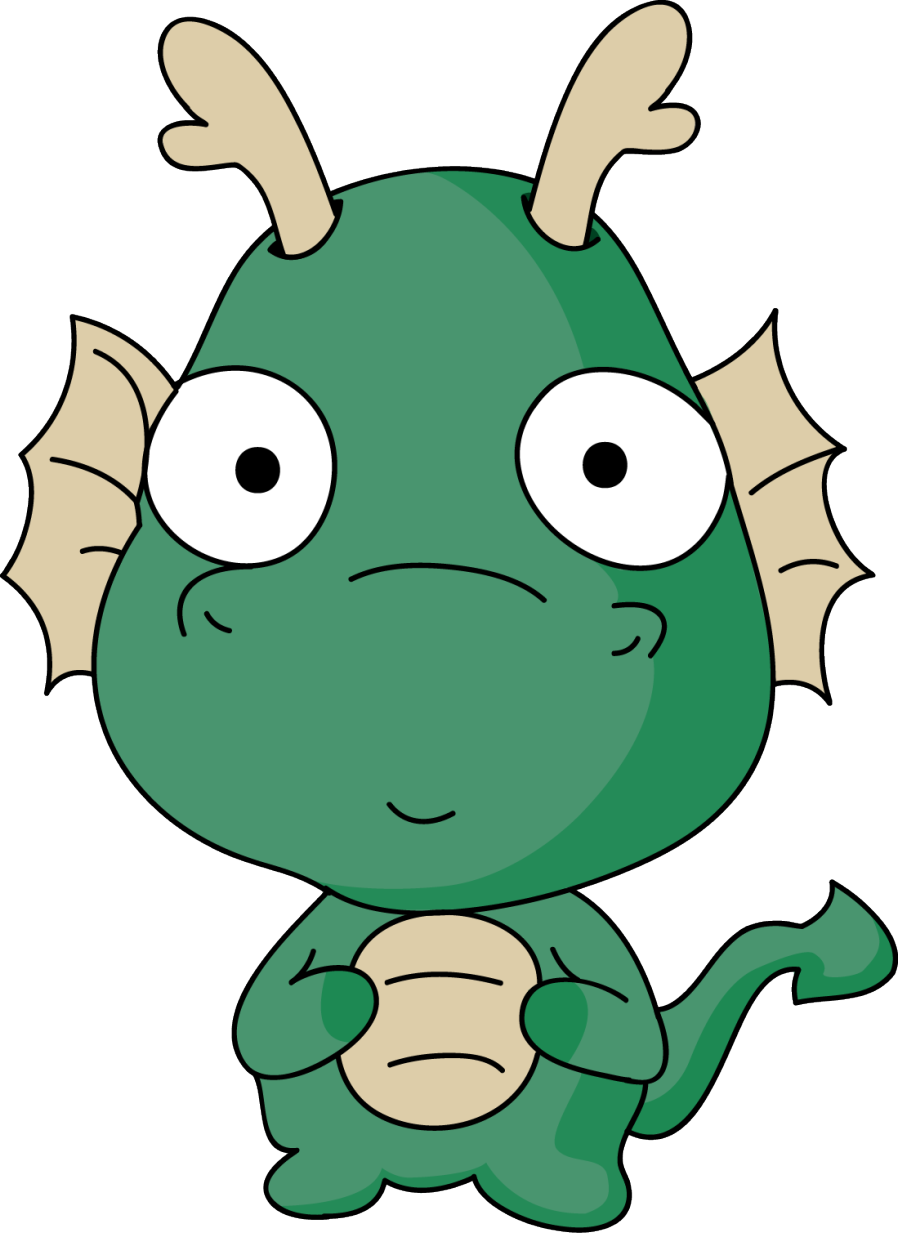OK so reverse order timeline of events like this that I’m aware of
- Laura Bailey being harassed for something a character she voiced in The Last of Us Part 2 did
- Anna Gunn being harassed because people misguidedly and misogynistically didn’t like Skyler White (taking this back to 2008)
- Ahmed Best and the kid who played young Anakin being harassed by Star Wars fans after the Phantom Menace came out, taking us back to 1999. You could argue that these two weren’t about the character’s actions but rather the quality of the performances/product so its a bit difference but its still the same overall problem.
- I just happened to get curious about what TV Tropes had to say about All in the Family because my roomate was watching it. By weird coincidence, because I had commented about the first three when this news was posted in a discord server already, I learned it goes back to the 70s because an actor who appears in one episode and does something incredibly evil got hate mail over it. So yeah, this shit has been going on forever
But like. WHAT the fuck is going on with that. What is going on in brains that can’t separate actor from character? Is it just needing an outlet.
I think there’s some discussion to be had about this shit getting worse because of increased atomization, COVID, social media giving people easy access to celebrities, and a more media obsessed population in general. But it apparently goes all the way back to All in the Family so what is going on?
And I don’t think that its a minor problem either! Ahmed Best and the small child that played Anakin have shared some pretty harrowing stuff. And like, this was a reality show but I’ve discussed before how upset the story of Hana Kimura is to me as a fan (if you look her up, suicide cw).
My best guess is that people with very little emotional intelligence have emotions over the media they consume and need to let it out on someone as an outlet? Combined with just, poor education leading to poor media literacy?
But yeah this has always confused me lmao. I truly wish to understand the confusing actions of humans.


There are many, many videos of people trying out VR for the first time and having very visceral reactions to scary scenarios like zombies or walking on a plank 30 stories up in the air. They know it’s not real when they put on the headset, but there is a technical threshold upon which the brain unconsciously registers incoming visual information as “real”. This is called Presence and it’s what makes VR so interesting, and potentially powerful. Over time, other areas of your brain override the physical behavior one might exhibit reflexively in those scenarios, but your heart rate, pupil dilation, and galvanic skin response will still betray the fact that your body is unconsciously responding to a scenario you consciously know is not real.
When you watch a movie/show and are having emotional responses to images on a screen, your unconscious is still doing the same thing. Despite television not reaching the threshold necessary for Presence that VR accomplishes, in many ways it still is working on your unconscious mind as if you’re looking through a window. The temperance you exhibit in controlling these behavior is not an automatic indicator of “Free Will”, but years of learned behavior internally competing with your reflexive behaviors.
We can keep working this concept backwards from video, to audio, to books, to still images, and statues. The entire concept of fandom, cosplay, etc, is merely a socially accepted compromise for people working through their internalization of art that has had an involuntary emotional impact on them.
As we become encouraged more and more by society to be more selfish, more reactive is it any wonder then that there are people in this world who lose that battle of temperance and attack the focus of their emotional responses?
Thank you for coming to my Ted talk.